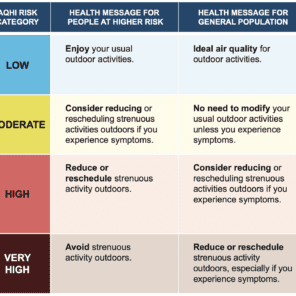Client: Food Safety and Inspection Service (FSIS), U.S. Department of Agriculture
Listing of the client in no way affirms the client's support, sponsorship, or validation in any form of Risk Sciences International or the RSI staff member(s) who conducted this project during their stay with RSI or prior to joining the company. This case study is displayed for informative purposes only to demonstrate the capacity of RSI staff members. This case study reveals no proprietary information or information deemed sensitive.
Risk Assessment of the Impact of Lethality Standards on Salmonellosis from Ready-to-Eat (RTE) Meat and Poultry Products
To support regulatory decision-making, a comprehensive risk assessment was conducted to evaluate how varying lethality performance standards would impact the public health burden of salmonellosis associated with Ready-to-Eat (RTE) meat and poultry products. The primary objective was to quantify the expected number of cases of illness under different reductions in Salmonella presence across a broad spectrum of RTE product categories.
The assessment focused on modeling the survival of Salmonella spp. from raw material contamination through lethality treatments, incorporating factors such as compliance with standards, thermal process safety margins, pathogen growth during storage, and the extent of consumer reheating. A decision-support model was developed using Analytica® software to simulate the full exposure pathway and estimate illness probabilities per serving and per million kilograms of product.
The model provided estimates under multiple scenarios that varied the intensity of lethality requirements across product categories. Each scenario’s public health implications were analyzed to inform the potential benefits of more stringent standards. The findings offered a quantitative foundation for policy evaluation, highlighting trade-offs between regulatory stringency and projected illness reduction.
Experts related to this case study
More RSI Case Studies
RSI presents a very small selection of case studies to highlight some of its key work.





















